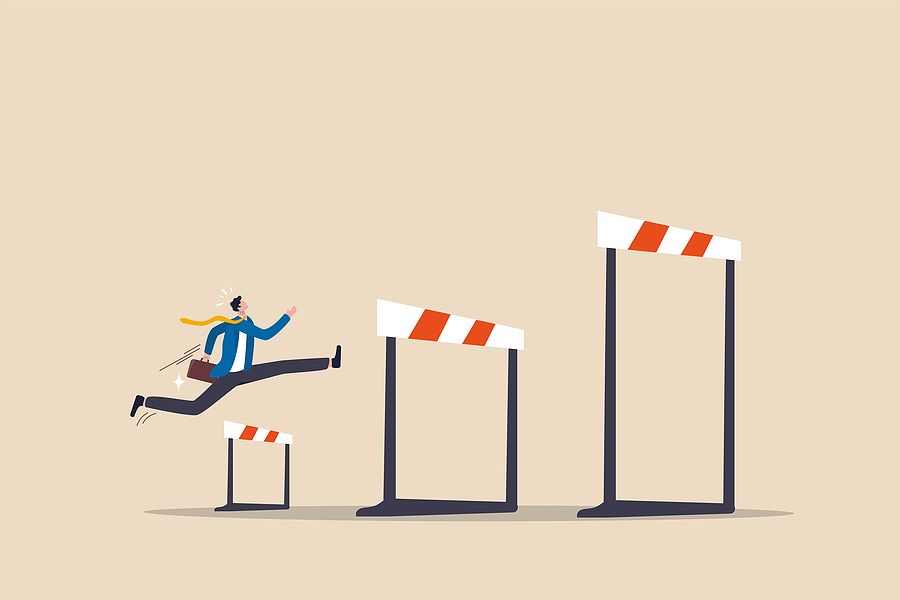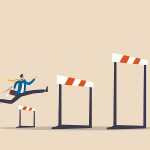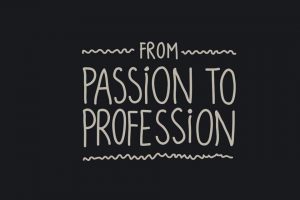Every professional, at some point in their journey, encounters setbacks. These setbacks, be it in the form of job losses, missed promotions, unsuccessful ventures, or failed projects, are as inevitable as they are discouraging. They cast shadows of doubt, make one question their abilities, and can sometimes even drive one to the brink of giving up. However, every cloud has a silver lining, and every setback, if viewed through the right lens, has the potential to set the stage for a comeback.

The impact of professional setbacks isn’t merely limited to one’s career prospects; they often seep into one’s personal life, affecting mental well-being. Feelings of inadequacy, frustration, anxiety, and depression are common aftermaths. In the face of such adversities, the road ahead might seem bleak, but therein lies the opportunity to rebuild, learn, and grow.
To navigate through professional setbacks, the first step is acceptance. Like any other wound, the pain of failure stings, and it’s natural to grieve. Denying or suppressing these emotions can lead to long-term psychological implications. Therefore, it’s essential to allow oneself the time and space to process the emotions and come to terms with the situation.
However, while it’s essential to grieve, it’s equally crucial not to let the grief consume you. Setbacks, regardless of their magnitude, are temporary. They don’t define one’s worth or capabilities. What truly matters is the ability to bounce back. The essence of professional resilience lies in the ability to see failures as feedback. Instead of viewing them as a reflection of one’s inadequacies, if one treats them as lessons, the entire perspective shifts. Every setback offers insights into what went wrong, how it could’ve been avoided, and how one can be better prepared in the future. By embracing failure, one not only alleviates the associated pain but also transforms it into a stepping stone towards future success.
One of the invaluable resources during challenging times is mentorship. The wisdom of those who’ve walked the path, faced similar challenges, and overcome them can offer not just solace but also guidance. Their experiences provide a roadmap, shedding light on pitfalls to avoid, strategies to adopt, and mindsets to cultivate. Seeking mentorship or even just engaging in conversations with experienced professionals can offer clarity, direction, and a renewed sense of purpose.
In addition to seeking external guidance, it’s vital to look inward. Self-reflection can help in re-evaluating goals, realigning priorities, and restructuring strategies. Sometimes, setbacks indicate the need for change – be it in the form of acquiring new skills, changing domains, or even considering alternate career paths.
Another aspect that often gets sidelined but plays a pivotal role in recovery is physical well-being. The state of our body directly influences the state of our mind. Regular exercise routines, a balanced diet, and adequate sleep can significantly boost one’s mood, energy levels, and overall outlook towards challenges.
In the grand tapestry of one’s professional journey, setbacks are mere blips. They might seem monumental when one is in the thick of things, but with time, they transform into invaluable lessons. The road to success is rarely linear. It’s dotted with hurdles, each offering an opportunity to learn, evolve, and grow. The key lies in harnessing the inner strength, leveraging available resources, and cultivating a mindset that views challenges as opportunities.
In conclusion, setbacks, while daunting, are not the end of the world. With resilience, perspective, and the right support system, they can be transformed into stepping stones for success. After all, it’s not about how many times one falls, but how many times they rise after falling that truly defines their journey.















Add Comment